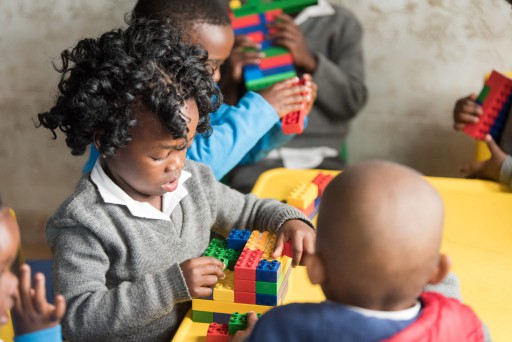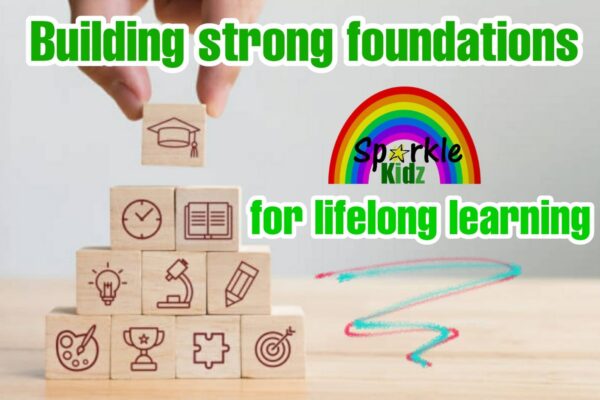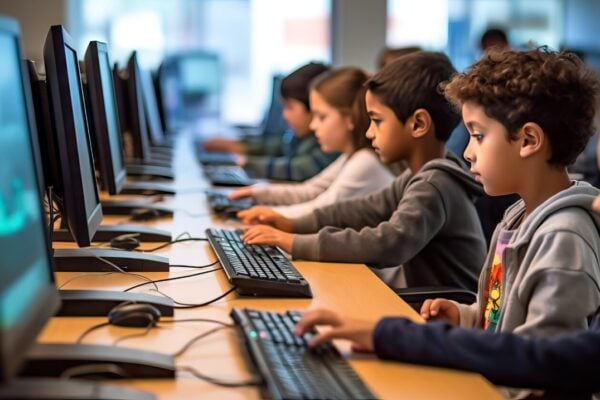Introduction to Special Education in Japan
As an educator who has always been passionate about inclusivity and equal opportunities for all students, the field of special education in Japan holds a special place in my heart. Japan, renowned for its rich culture and advanced technology, has made significant strides in ensuring that students with special needs are not left behind. In this article, I will delve into the world of special education in Japan, exploring the challenges faced by students with special needs, the evolution of special education policies, the role of mainstream schools in promoting inclusivity, the support systems available, innovative approaches being implemented, success stories that highlight the empowerment of students with special needs, and the importance of advocacy and awareness. Join me as we uncover the remarkable journey of special education in Japan.
Understanding the Need for Special Education
In order to truly appreciate the progress made in special education in Japan, it is crucial to understand the need for such specialized programs. Students with special needs, such as those with learning disabilities, developmental delays, or physical impairments, require additional support to thrive academically and socially. Japan, like any other country, has a diverse student population, and it is essential that each student’s unique strengths and challenges are recognized and addressed. Special education provides the necessary tools, resources, and accommodations to ensure that students with special needs receive a quality education and are given equal opportunities to succeed.
Challenges and Barriers Faced by Students with Special Needs in Japan
While Japan has made significant progress in the field of special education, students with special needs still face numerous challenges and barriers. One of the primary obstacles is the lack of awareness and understanding among the general public. Many individuals hold misconceptions about disabilities, leading to discrimination and exclusion. Additionally, there is a shortage of qualified special education teachers and limited resources in some areas, making it difficult to provide the necessary support to all students in need. Furthermore, the traditional emphasis on conformity and uniformity in Japanese society can create difficulties for students with special needs who may require individualized approaches to learning.

The Evolution of Special Education Policies in Japan
Over the years, Japan has undergone a significant transformation in its approach to special education. The journey began in the 1950s, with the establishment of special education schools for students with disabilities. These schools initially focused on providing segregated education, but as societal attitudes began to shift, so did the approach to special education. In the 1990s, inclusive education gained momentum, with the aim of integrating students with special needs into mainstream schools. This shift was supported by legislative changes and the introduction of individualized education plans (IEPs) to cater to the unique needs of each student. Today, Japan continues to refine its special education policies to create a more inclusive and supportive learning environment for all students.
Inclusive Education in Japan: The Role of Mainstream Schools
One of the key pillars of special education in Japan is the concept of inclusive education. Mainstream schools play a vital role in promoting inclusivity and providing equal opportunities to students with special needs. These schools are encouraged to adopt a whole-school approach, where every member of the school community is involved in creating an inclusive environment. This includes providing necessary accommodations, adapting teaching methodologies, and fostering a culture of acceptance and understanding. Mainstream schools are also encouraged to collaborate with special education schools and professionals to ensure that students with special needs receive the appropriate support and resources.
Support Systems for Students with Special Needs in Japan
In order to provide comprehensive support to students with special needs, Japan has developed a robust system of support services. These services include specialized teaching staff, such as resource teachers and learning support teachers, who work closely with students to develop individualized education plans. Additionally, assistive technology and adaptive equipment are utilized to enhance the learning experience and facilitate accessibility. Furthermore, counseling and therapy services are available to address the social and emotional needs of students with special needs. The collaboration between educators, therapists, and parents is crucial in ensuring that students receive holistic support throughout their educational journey.
Innovative Approaches in Special Education in Japan
Japan’s commitment to innovation is evident in its approach to special education. The country has embraced various innovative practices to enhance the educational experience for students with special needs. One such approach is the use of assistive technology, including communication devices and learning apps, to facilitate communication and enhance learning. Another innovative practice is the integration of vocational training programs within the education system, allowing students with special needs to develop practical skills and prepare for future employment opportunities. Furthermore, collaborative teaching models, where mainstream and special education teachers work together in the same classroom, have proven to be successful in promoting inclusivity and fostering peer support.
Success Stories: Empowering Students with Special Needs in Japan
The impact of special education in Japan is best exemplified through the inspiring success stories of students with special needs. These stories highlight the incredible resilience, determination, and achievements of individuals who have overcome barriers and thrived in their educational journey. From academic accomplishments to artistic achievements, these success stories showcase the transformative power of inclusive education and the unwavering support provided by educators, parents, and the community. Each success story serves as a beacon of hope, proving that with the right support and opportunities, students with special needs can achieve greatness and contribute meaningfully to society.
Advocacy and Awareness for Special Education in Japan
While Japan has made significant progress in special education, there is still work to be done in terms of advocacy and awareness. It is imperative that society as a whole understands the importance of inclusive education and actively promotes equal opportunities for all students. Advocacy groups, parent associations, and educators play a crucial role in raising awareness, challenging misconceptions, and advocating for policy changes. By fostering a culture of acceptance and understanding, Japan can continue to break down barriers and create a truly inclusive education system for students with special needs.










Comments on " Special Education in Japan: Breaking Barriers and Empowering Students with Special Needs" :